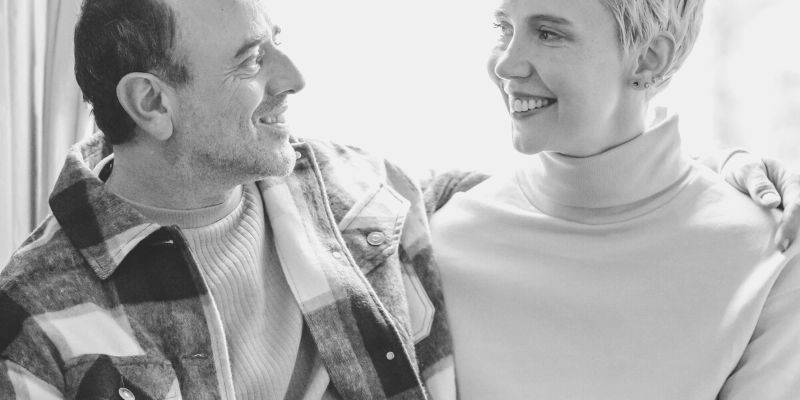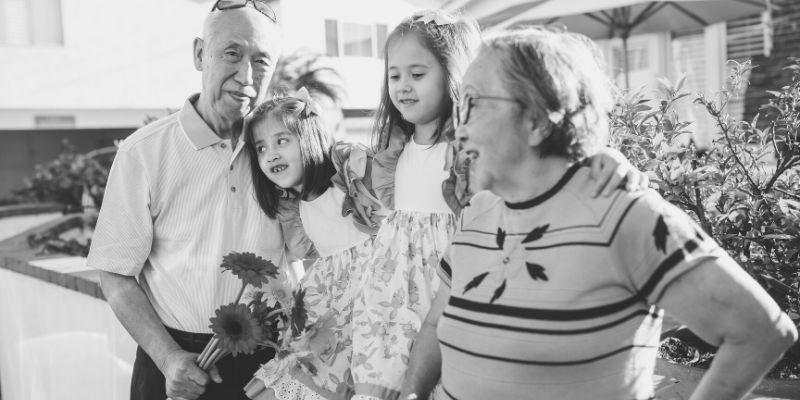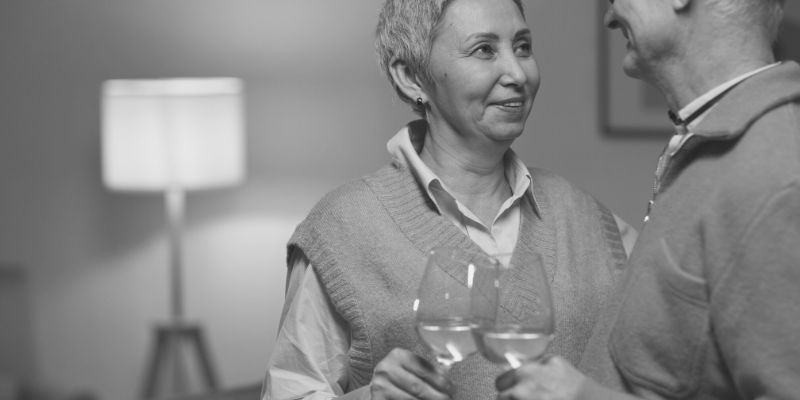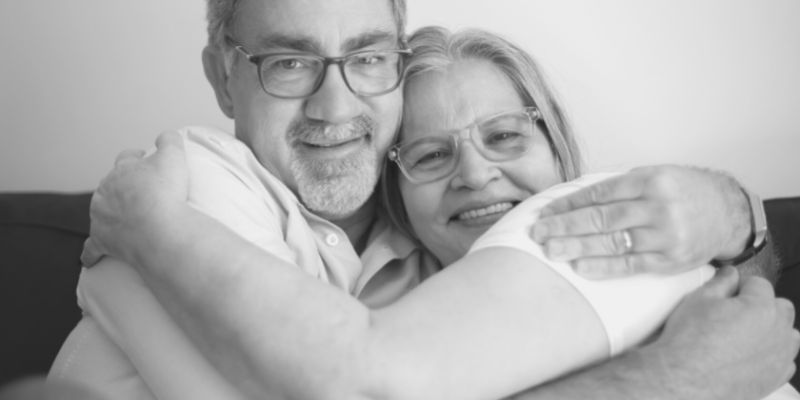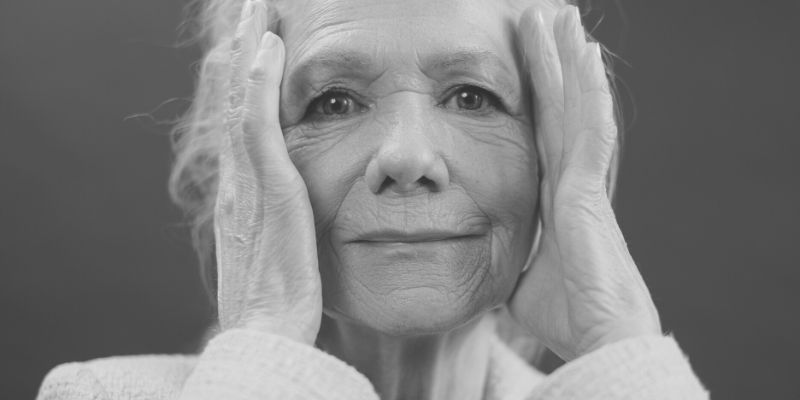Early-onset dementia, also known as young-onset dementia, refers to cognitive declines that happen in the brain before age 65. Early-onset dementia is unexpected, meaning that individuals who’ve been diagnosed and their families are usually unprepared for what lies ahead. If you’ve just received an early-onset dementia diagnosis in your family, this blog post can help you to create a care plan for your loved one and to plan for the future.
